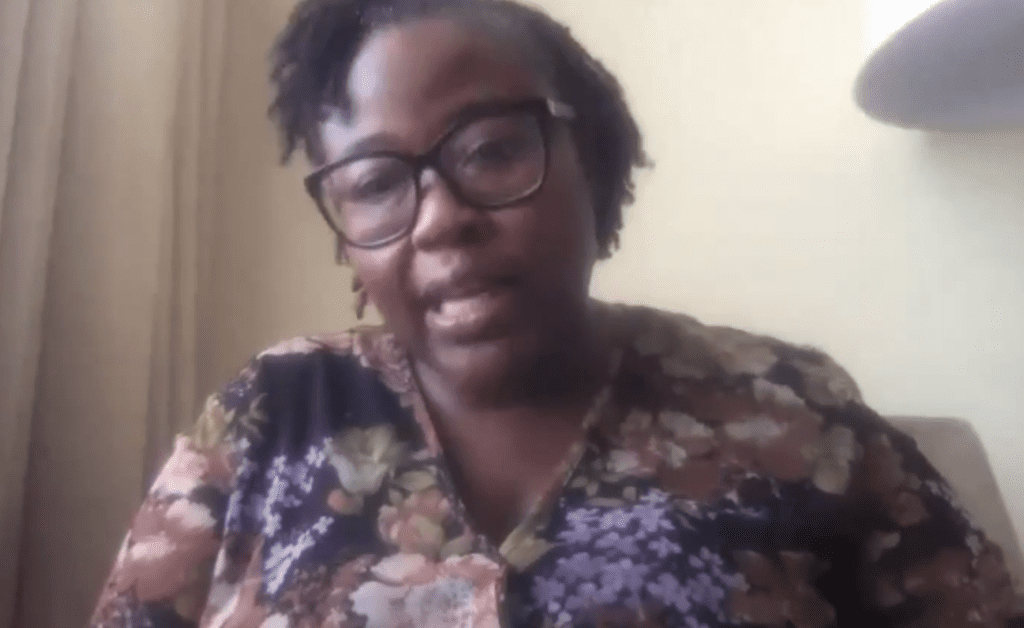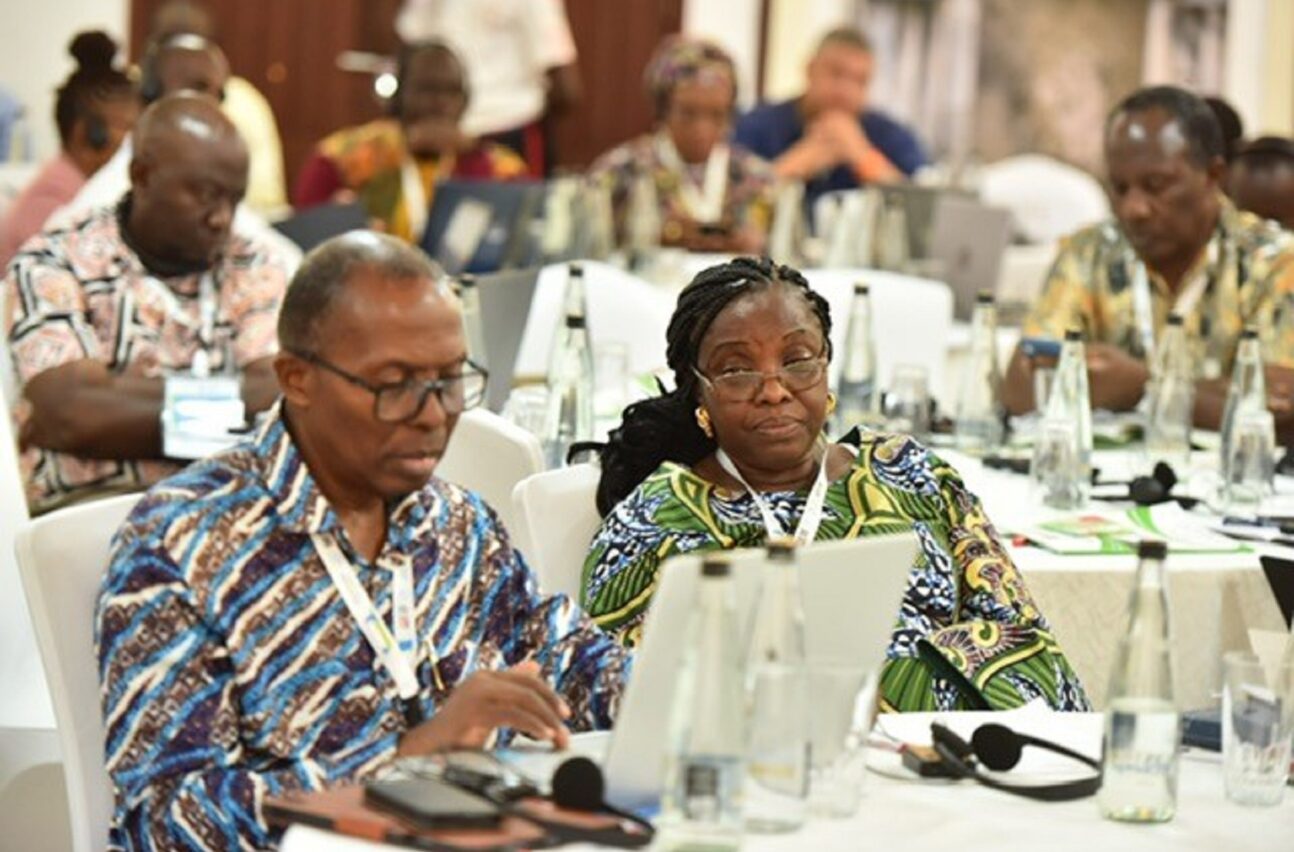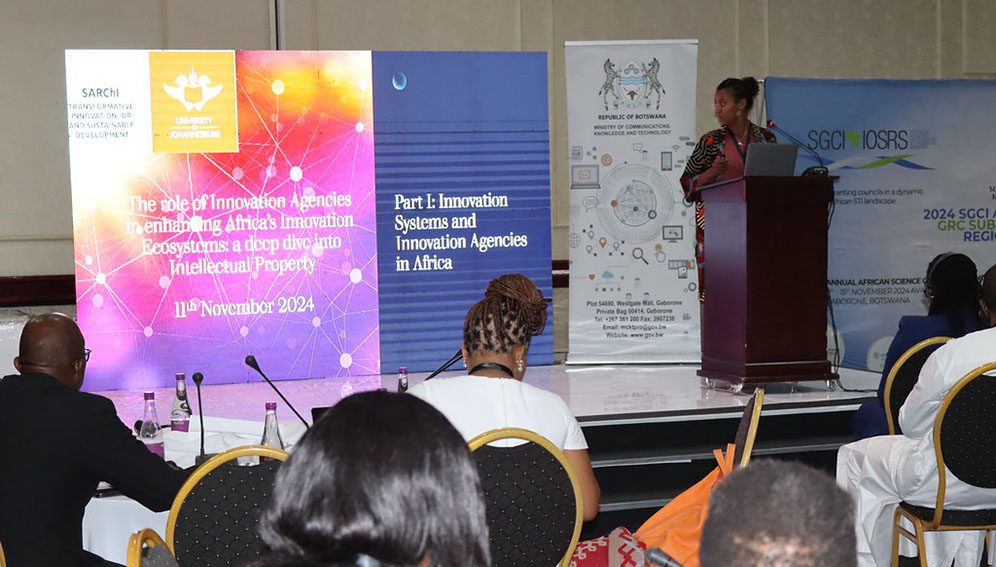SGCI News
Equitable research partnerships lead to better outcomes. By: Gilbert Nakweya [NAIROBI] African scientists are often undervalued and marginalized in collaborative research projects, leading to flawed research questions and biased interpretation of…
Equitable research partnerships lead to better outcomes.
By: Gilbert Nakweya
[NAIROBI] African scientists are often undervalued and marginalized in collaborative research projects, leading to flawed research questions and biased interpretation of data, academic leaders told a panel discussion.
Speaking during a webinar on fair and inclusive partnerships organised by the Southern African Research and Innovation Management Association (SARIMA) on 3 May, they highlighted the power imbalance in research partnerships between scientists in Africa and their counterparts in higher income countries.
SARIMA, a member organisation of research and innovation managers, helps strengthen the capacities of research management for science granting councils in Africa.
“Research grant calls are developed by people in funding agencies in the global North,” says Lyn Horn, director of the office of research integrity, University of Cape Town, South Africa.
“Collaborations and consortia are developed in response to those grant calls and researchers in the global South are merely added because the call requires this.”
She said inequity and unfairness in research partnerships between Africans and their counterparts in higher income countries undermine research integrity.
“Inequity and lack of fairness in research partnerships is a holdup to research integrity,” said Horn.

Research integrity relies on honesty and transparency throughout the entire research process and this requires adequate resources, including financial, human, systems, and infrastructure support, she explained.
“If funding requirements and processes don’t account for the lack of human and system support, unfavourable currency exchange, and inadequate budgeting, local researchers may be unfairly disadvantaged,” Horn warned.
She said this could lead to the need to cut costs due to tight budgets which can undermine research integrity.
Horn says that without equal partner involvement in research teams, especially in instances where race, ethnicity, gender and culture are involved, interpretations of data can be biased, while research agendas can become flawed and neglect important research questions.
“The dominant perspective of high-income countries’ grant holders can unduly influence research methodologies and analysis,” said Horn.
Rennie Munyayi, manager of postgraduate development at Namibia University of Science and Technology, said in collaborations between African researchers and researchers from higher income countries, African researchers received smaller budget allocations and had limited roles in the projects.
“We need to ask ourselves if these are really research collaborations or merely stakeholder involvement,” Munyayi said, adding that African researchers are also marginalised in decision making processes.
“They are disempowered,” she said.
Munyayi said through enabling local researchers to take the lead in defining research goals, methodology, and implementation, Namibian University of Science and Technology is promoting research integrity.
“Upholding ethical research practices and engagement in social responsibility has been put at the heart of principles guiding research partnerships for the university,” she explained.
Munyayi said researchers in the Namibia University of Science and Technology, have now been equipped with skills, resources and opportunities needed to lead and participate in collaborative research projects.
She called for higher investments in research by global South countries and urged African researchers and research institutions to only enter collaborations that are mutually beneficial to all parties.
“Get into collaborations where you know you will have a voice, preferably join a collaboration before the development of the research agenda and proposal stage,” Munyayi said.
“Collaboration should start even before resources are allocated.”
This article was supported by the Science Granting Councils Initiative, which aims to strengthen the institutional capacities of 18 public science funding agencies in Sub-Saharan Africa.
Related News
Supporting Science Granting Councils to fund and manage research and innovation projects
The Science Granting Councils in Africa are national agencies responsible for funding and promoting research and innovation. Above all, they support scientific development. They do this by allocating resources, fostering collaboration and strengthening research capacities across Africa. Their aim is to boost scientific output and…
Navigating Africa’s intellectual property challenges
[GABORONE] Complicated intellectual property (IP) procedures are slowing down innovation in Africa, according to researchers, who say “innovation agencies” must help simplify processes and link researchers to markets. Despite hosting talented innovators and researchers, Africa contributes less than 0.5 per cent of global patent filings…
Uganda unlocks value from honey by-product
[GABORONE] When Joel Mukwaya, a biologist and post-graduate student at Uganda’s Makerere University, discovered the immune-boosting benefits of tea made from a honey-by product, he immediately sent some to his grandmother. The tea was made with propolis—a resin-like substance bees use when building their hives…




